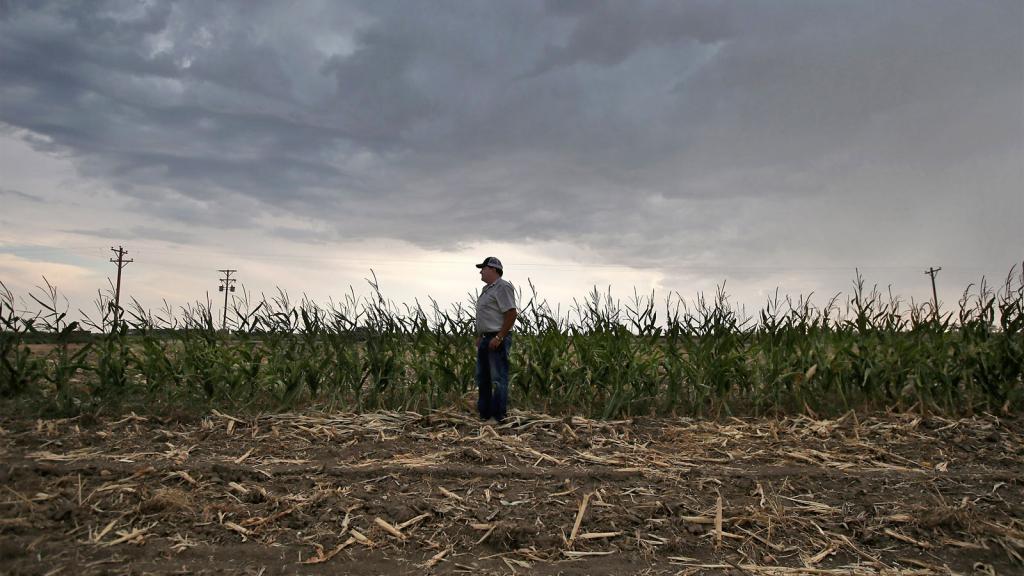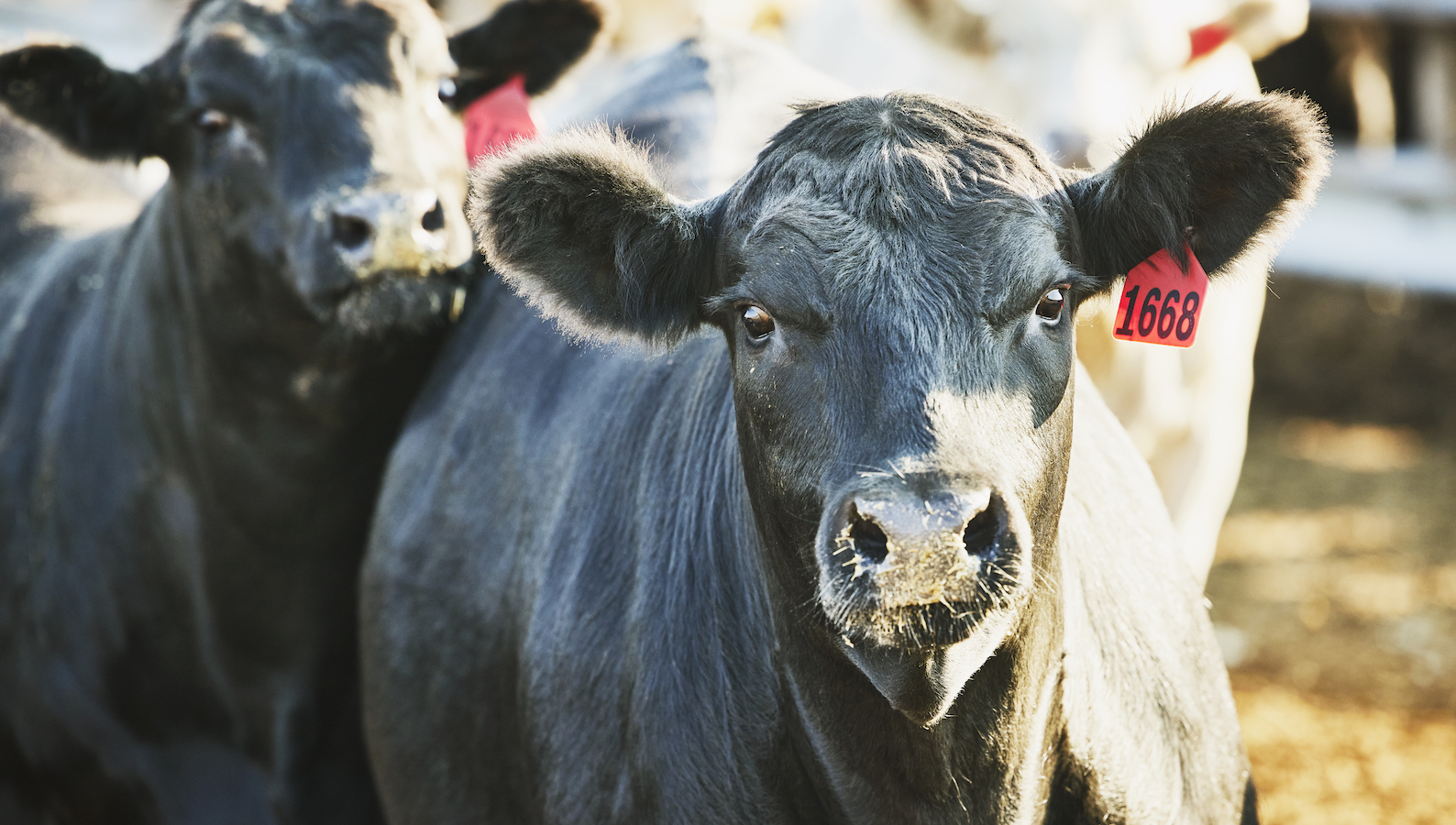Officials in Michigan last week issued the state’s first-ever advisory for toxic PFAS chemicals in beef after finding elevated levels in cuts of meat from a local farm.
Beef from the Grostic Cattle Co. in Brighton, Michigan, contained an average of 1.9 parts per billion of Perfluorooctane sulfonic acid, also known as PFOS, one of the most common types of PFAS, short for per- and polyfluoroalkyl substances. Though the levels weren’t high enough to trigger a recall, state officials said long-term consumption of the meat could pose a public health risk and notified customers, including several local schools.
Michigan officials called the event a “rare occurrence,” but PFAS contamination has also shut down operations at dairy farms in New Mexico and Maine in recent years. The U.S. Environmental Protection Agency, or EPA, is working on a plan to regulate the chemicals after years of urging from scientists and environmental advocates, who say PFAS use remains widespread despite evidence of the chemicals’ negative health impacts.
“Our food supply is global, and we need help at a national level on testing and standards to protect the public from the unknown risks of PFAS entering the food chain,” the executive director of Michigan’s PFAS Action Response Team, Abigail Hendershott, said in a press release.
PFAS, a class of chemicals used in everything from firefighting foam to consumer products like nonstick pans and leggings, are known as “forever chemicals” because they don’t break down naturally in the environment. They are also bioaccumulators, becoming more toxic as they move higher up the food chain, making them particularly hazardous for people consuming tainted meat or fish.
According to the EPA, research on the health effects of PFAS exposure in humans is still ongoing, but studies have shown the chemicals can affect the reproductive system and may lead to developmental delays in children. PFAS can also increase the risk of some cancers, interfere with hormone levels, and reduce the immune system’s ability to fight infections — an issue that some researchers have linked to worse COVID-19 outcomes. The chemicals are already found in thousands of drinking water systems around the country, according to the nonprofit Environmental Working Group, as well as in most Americans’ bodies.
No federal standards currently exist for PFAS in food or water, although the EPA under the Biden administration has vowed to study and regulate the chemicals more extensively, pledging to set a national standard for PFOS and Perfluorooctanoic acid, another PFAS chemical, in drinking water by 2023. Dozens of bills, including a proposed ban on PFAS in food packaging, have been introduced in Congress, while the U.S. military has already begun destroying PFAS-containing firefighting foam after deeming it too risky to use — itself a process that could spread contamination, an investigation by The Intercept found.
Michigan regulators traced PFAS contamination at the Grostic Cattle Co. to “biosolids” that the century-old farm had applied as fertilizer to the crops it feeds its cows. These biosolids — essentially reclaimed sewage — came from a wastewater treatment plant in Wixom, Michigan from 2010 to 2015. In 2018, the facility was identified as having received industrial runoff from an automotive supplier along the Huron River. It has since installed pollution controls to reduce its PFAS releases, but the legacy of its contamination has impacted local drinking water supplies, waterways, and farms.
“Needless to say, I and my family are surprised to find ourselves and our beloved farm in the middle of a PFAS contamination issue,” the company said in an unattributed statement on its website. Although the state is offering financial aid to reimburse customers for the affected meat, the farm has been ordered to suspend operations, but with no financial help from the government. It started a GoFundMe page seeking to raise $30,000 to stay afloat.
“Our family farm has been serving the State of Michigan for 100 years,” the statement says. “It is because of that commitment that we intend to cooperate with all city, state, county, and federal agencies to determine who is responsible for this unfortunate situation.”
Though Michigan now prohibits farms from applying “industrially impacted” biosolids containing more than 150 parts per billion of PFOS, environmental advocates have called for a ban on all fertilizers containing any amount of PFAS chemicals.
The contamination “makes clear that human exposure to PFAS from biosolids could be a significant pathway” for PFAS to reach humans, Charlotte Jameson, chief policy officer for the Michigan Environmental Council, told MLive.com. “We should therefore ban applying biosolids that contain PFAS to crops while we await further sampling and test results.”



